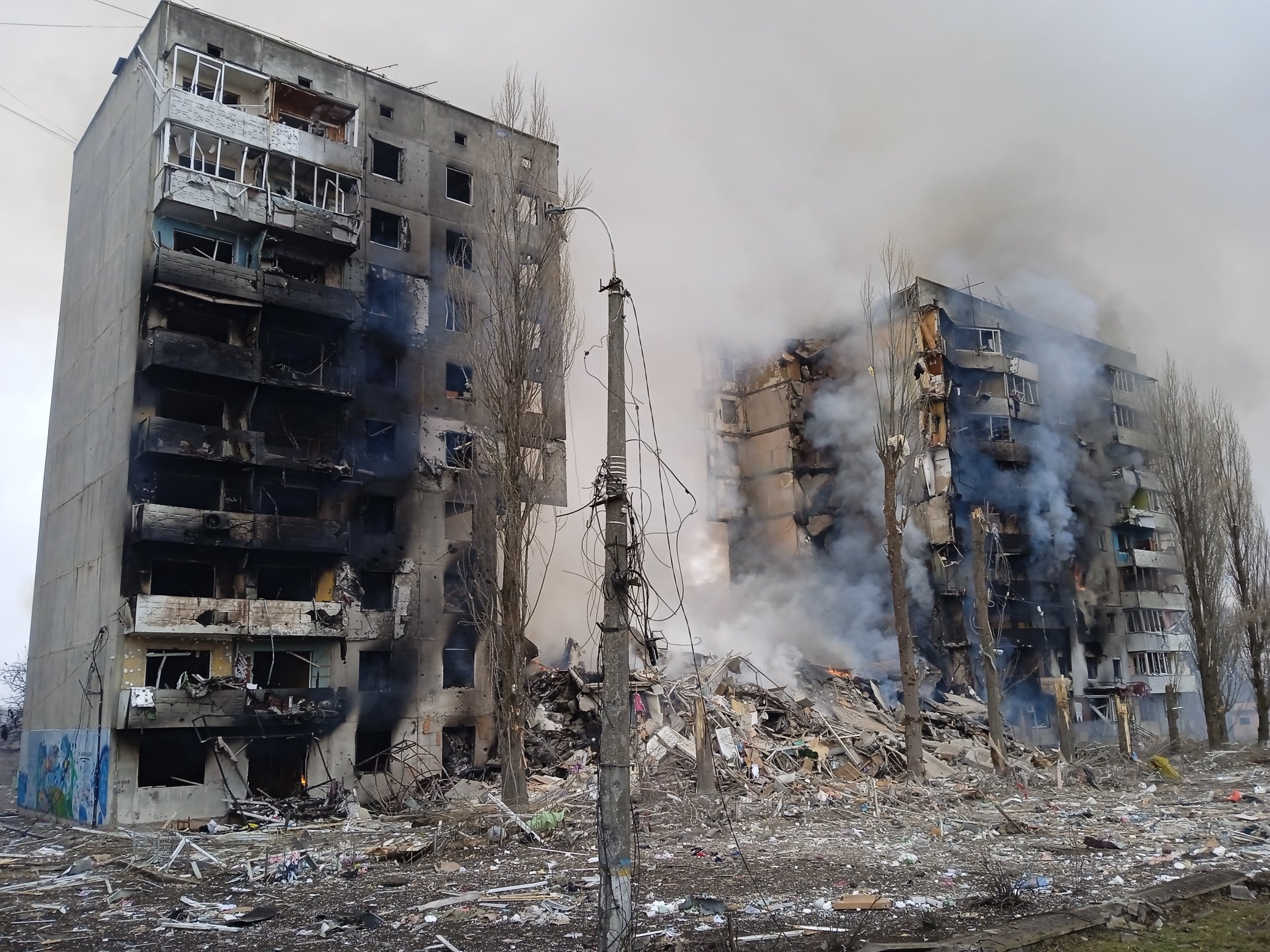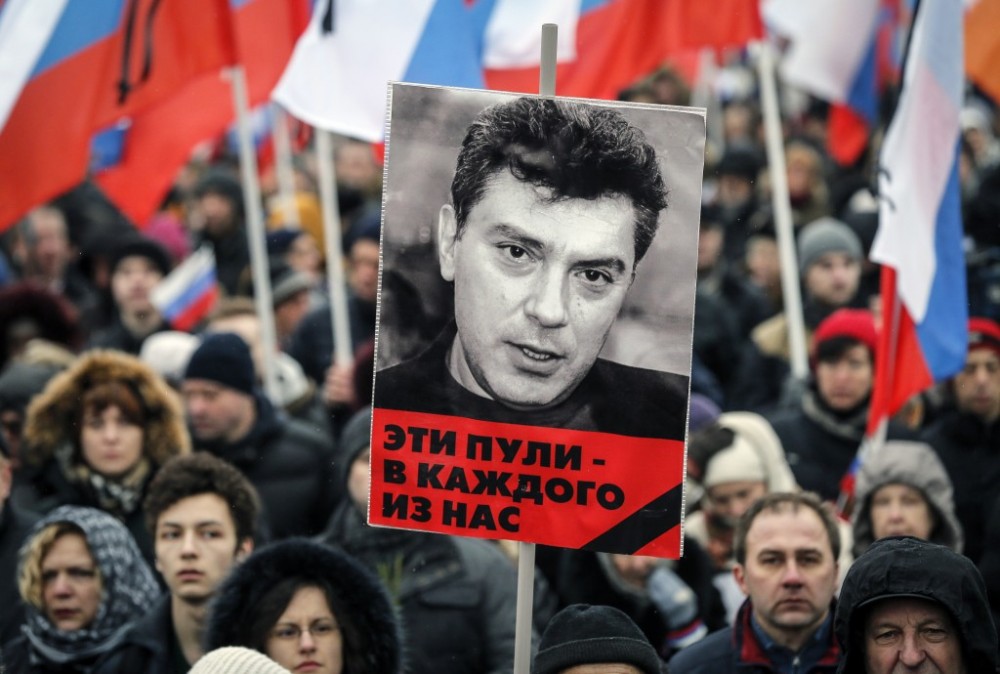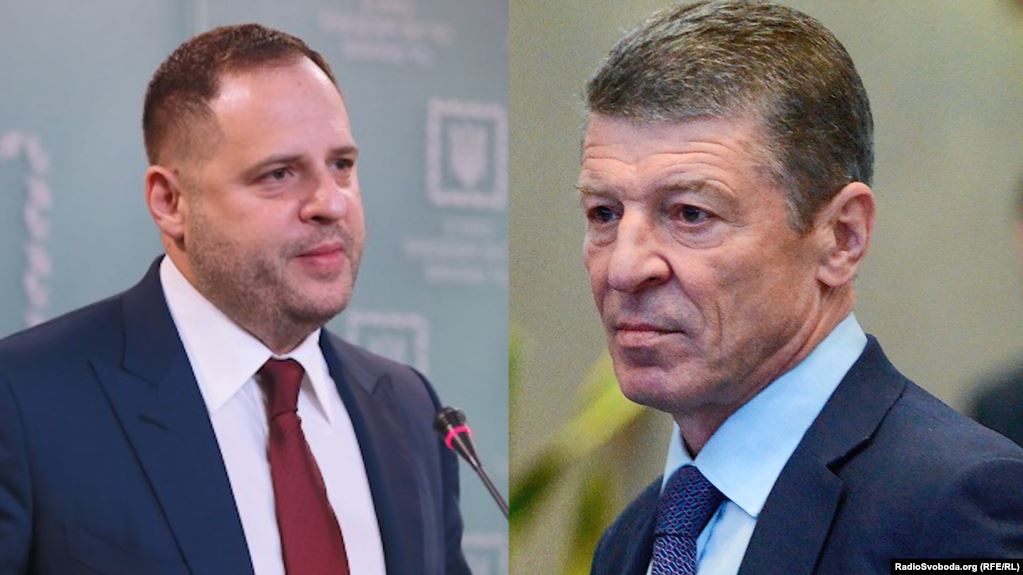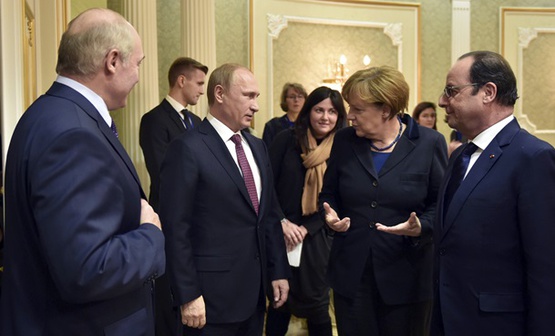Seizure and destruction of Ukrainian historical and fiction literature that does not adhere to the requirements of Kremlin propaganda has begun. This is happening at the libraries of temporarily occupied territories of Luhansk, Donetsk, Chernihiv, and Sumy Oblasts, as reported by the Main Intelligence Directorate of the Ministry of Defense of Ukraine on 24 March.
According to the Intelligence, Russian units of the "military police" were involved. Their oppressive functions have been upgraded to so-called "ideological functions."
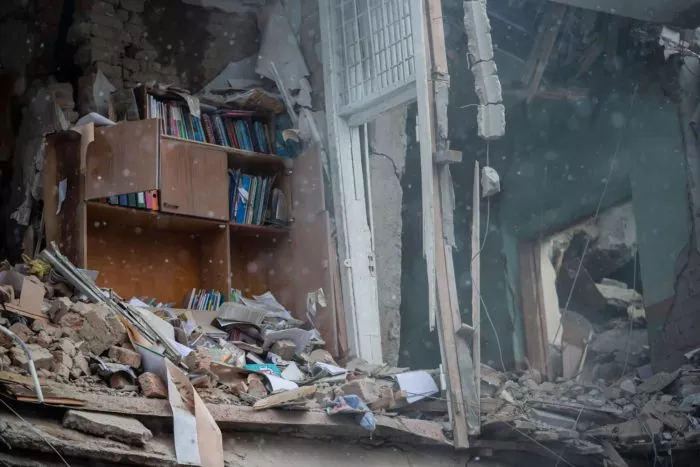
The books which have been seized in the first place include ones on the history of Ukrainian Maidans (democratic revolutions of 2004–2005 and 2013–2014), Ukrainian resistance to the Russian aggression since 2014
, as well as on the history of Ukrainian liberation struggles. School textbooks on Ukrainian history are also being seized and destroyed, as well as the scientific and popular historical literature.
“The books found by the Russian “military police” are confiscated, destroyed on the spot, or taken away in an unknown direction,” Ukrainian intelligence reports.
Poetry on fire: a personal journey through Ukraine’s Executed Renaissance
The Russian military police are said to have a list of prohibited names. It includes:
- Ukrainian Hetman Ivan Mazepa, a legendary figure in European culture, a rich patron of Ukrainian culture, and “developer” of the Cossack capital Baturyn.
- President of the Ukrainian People's Republic during Ukraine's short-lived sovereignty in 1918–1921 Symon Petliura;
- one of the leaders of the Organization of Ukrainian Nationalists (OUN), and perhaps the most controversial Ukrainian historic figure Stepan Bandera;
- General and Commander-in-chief of the Ukrainian Insurgent Army Roman Shukhevych;
- Political dissident, leader of the national-democratic independence movement in the 1980s and 1990s, Vyacheslav Chornovil; many Ukrainians believe he was assassinated on the eve of the election in 1999.

Cases of seizures of the 2019 book "The Case of Vasyl Stus" were reported in the cities of Kreminna, Rubizhne (Luhansk Oblast) and Horodnia (Chernihiv Oblast). The book, written by historian Vakhtang Kipiani, is based on the archival documents of the former KGB of the USSR, which were opened for the public five years ago. The book reveals how the prominent Ukrainian poet Vasyl Stus was arrested and killed (1985) by the Soviet regime. In 1985, Stus was nominated
for the 1986 Nobel Prize in Literature by an international committee of scholars, writers, and poets, but he died before the nomination materialized.
“Medvedchuk effect”: censorship attempt fails in Ukraine as prohibited book sold out within an hour
In particular, the book talks about a pro-Russian Ukrainian oligarch Medvedchuk’s involvement in Stus’ arrest. The book has garnered much attention, and its first circulation was almost instantly sold out.
Commenting on the book’s seizure, its author wrote:
“A book about Stus will live forever, and Russia will die”
Digital copies of most books, especially the ones that were published recently, have been preserved in the digital format – unlike the huge Ukrainian collection of archival documents, not all of which has been digitized.

Destruction of archives about Soviet repressions
In Chernihiv Oblast, Russian occupiers have destroyed the Security Service archives, which documented Soviet repressions against Ukrainians. This was reported by the Ministry of Justice, citing the head of the State Archival Service of Ukraine Anatoliy Khromov.
According to Khromov, one archive in Chernihiv Oblast was destroyed, and at least several archives were damaged, in particular in Kharkiv, where at least some documents have reportedly survived.
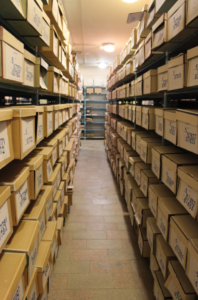
"We still don’t know what’s happening with some departments of district state administrations in the temporarily occupied territories. Unfortunately, there is no information as to the the fate of archivists who remained there, as well as the condition of the surrounding buildings. The real state of archival documents will be confirmed after the liberation of these territories, and the audit of the funds," Khromov said.
The shocking theft of Ukrainian archival documents by Russia is deeply rooted in history. It was massive in Soviet times. It also took place in Crimea and the occupied territories of Donetsk and Luhansk Oblasts after the Russian invasion in 2014.
"From the first day of the war, we have been working to ensure that sanctions are applied to the Rosarchiv. The State Archives Service of Ukraine has written an appeal to the International Council on Archives,” Khromov said.
A meeting of the Executive Board of the International Council on Archives was held on March 10. It was decided to suspend relations between the Council and all archival institutions of Russia and Belarus, which were the members of the organization. In particular, they were not allowed to take part in future events and conferences.
“Participation in ICA’s activities and events … shall be halted until such time as a ceasefire has been negotiated to the satisfaction of the legitimate government of Ukraine and ensuring the safety and sovereignty of the individuals and institutions that protect the cultural heritage of Ukraine," ICA stated in its resolution.
Intimidation and murder of Ukrainian teachers
Melitopol City Mayor Ivan Fedorov reported on March 23 that the Russian military was visiting every school in the city, forcing teachers to start the Russian-language educational curriculum on 1 April. He also said that the Russian occupiers were planning to introduce their own educational programs.
"Russian occupiers do not give up the idea of introducing the educational process in Russian in April in the educational institutions of the temporarily occupied territories," the General Staff of Ukraine's Armed Forces wrote on 1 April.
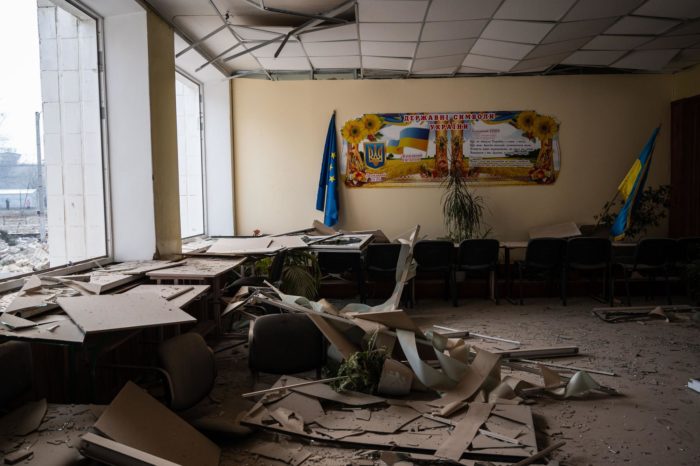
In the temporarily occupied towns near Kyiv, the occupiers have been reported to intentionally shoot teachers and other employees at the kindergarten. This was reported by the director of a private kindergarten in Bucha, Nataliya Kyyak, in her correspondence with teachers who did not manage to evacuate from Bucha.
"Muscovites were asking people about their professions. If any teachers were found, they were shot on the spot," Bucha kindergarten owner Nataliya Kyyak wrote.
Official information from the temporarily occupied Bucha is currently unavailable.


